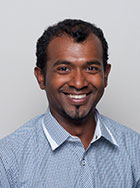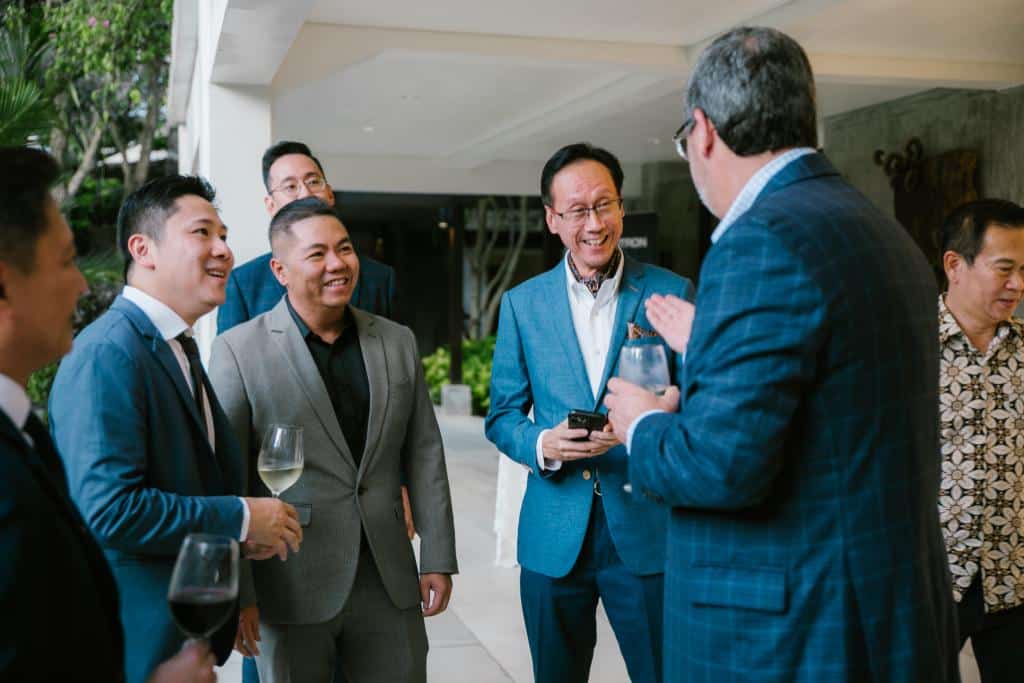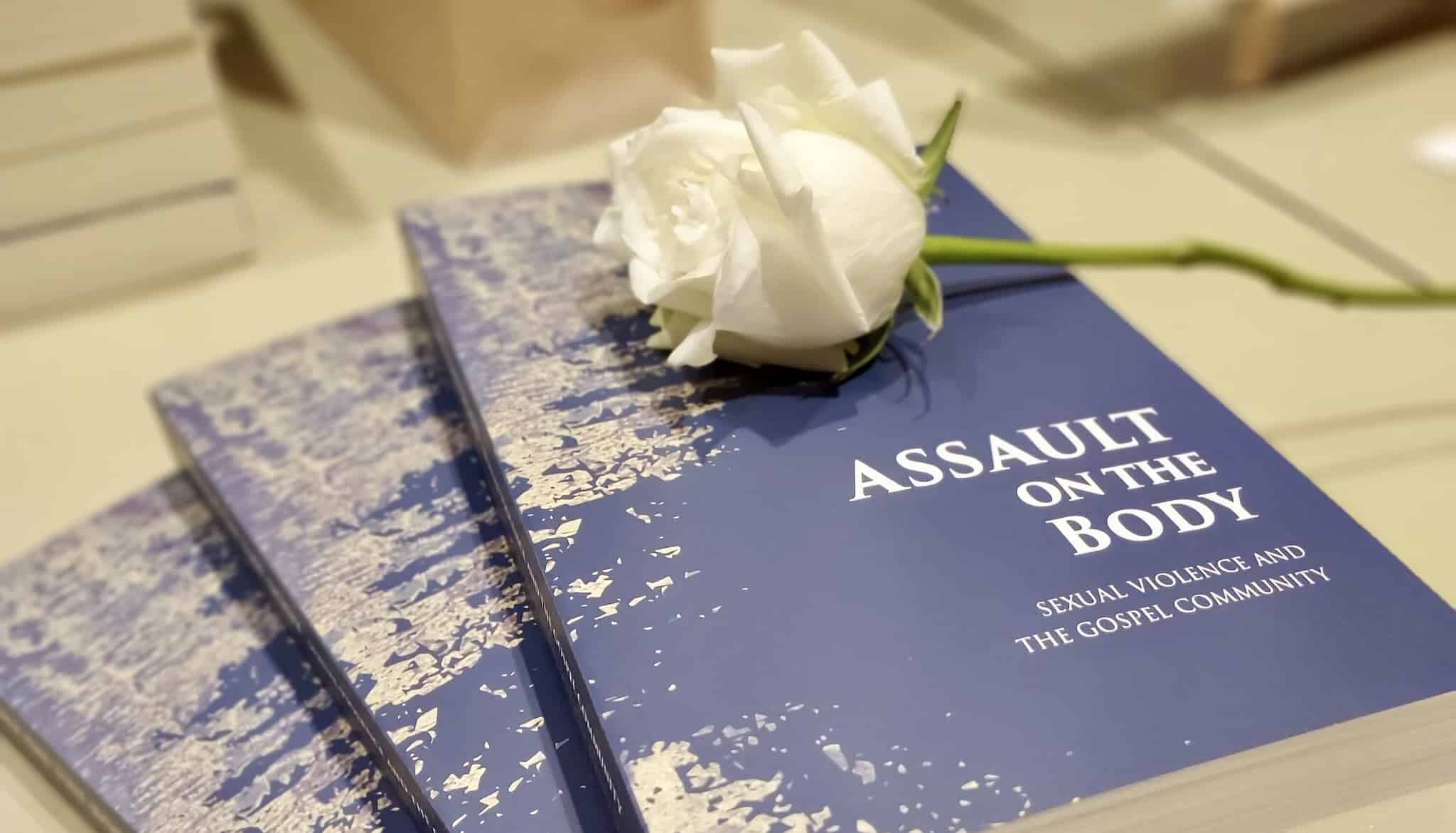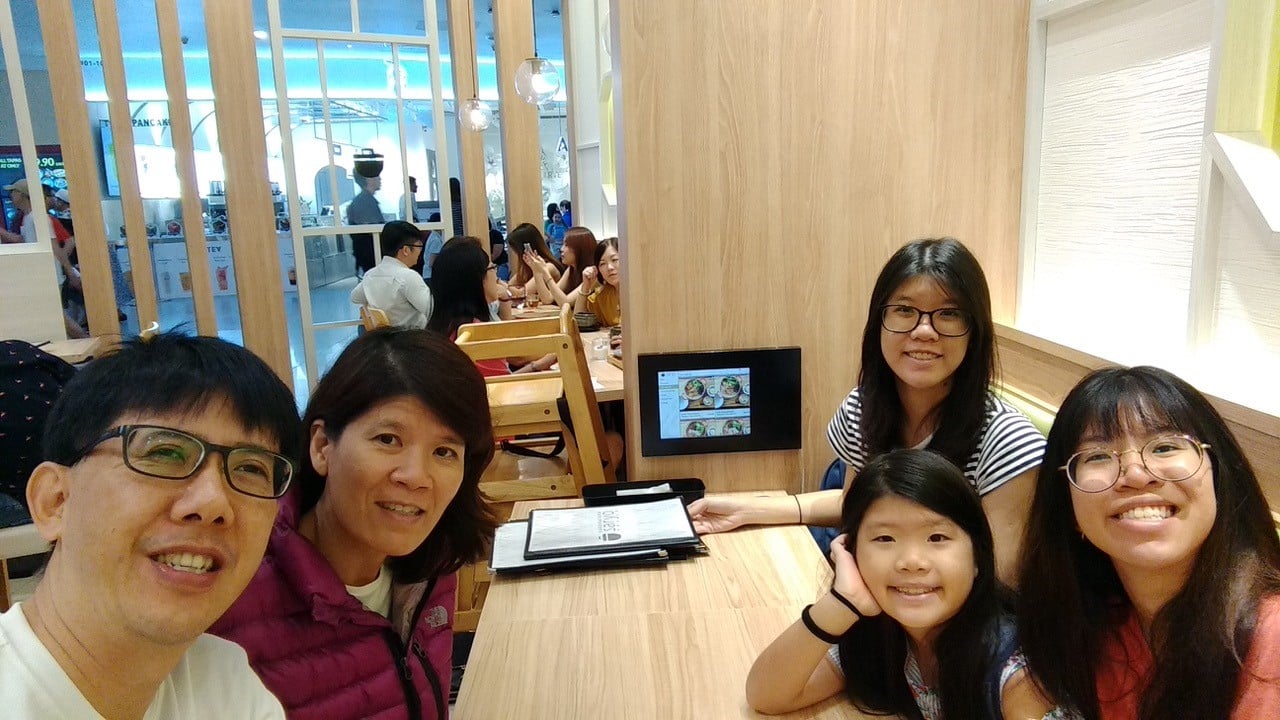A crazy little thing called trust: Max Jeganathan on the cries of his motherland, Sri Lanka
Max Jeganathan // July 22, 2022, 1:00 pm
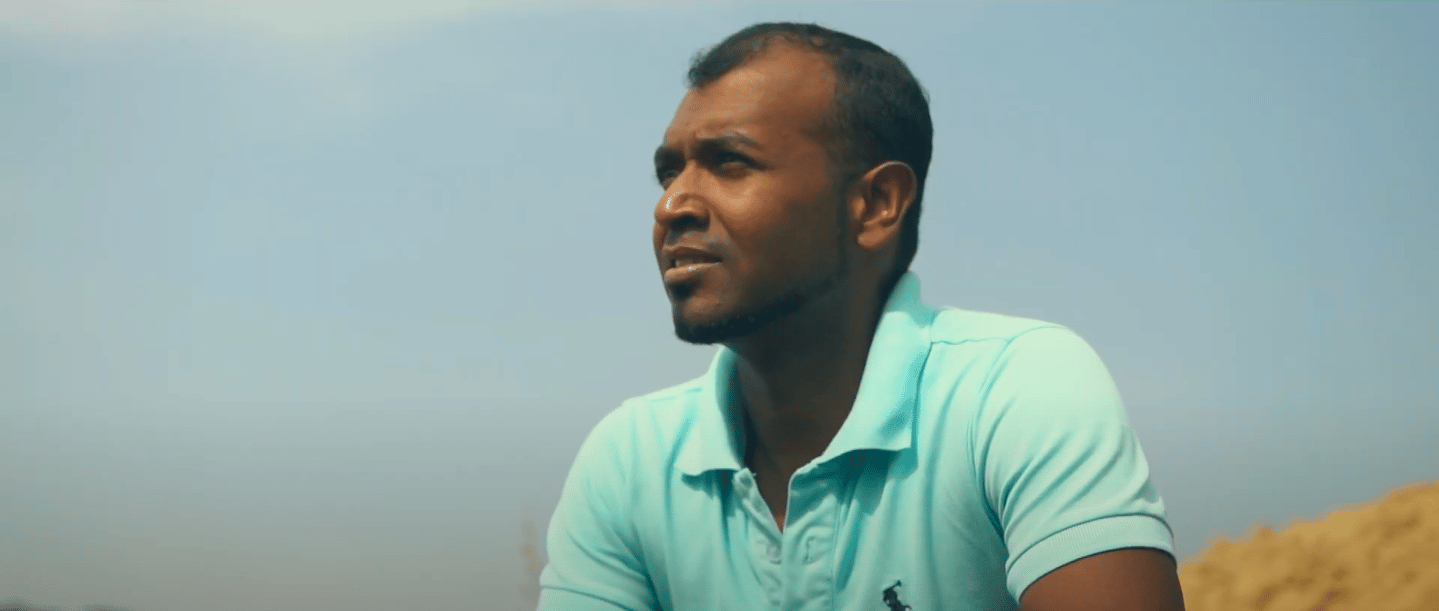
As Sri Lanka suffers a crisis of food and fuel shortage, is all hope lost? Max Jeganathan, from Thinking Faith, searches for hope in the rubble of the country’s sad history.
Sri Lanka’s former President made headlines recently when his home was stormed by an unruly mob.
Thirty-seven years earlier, a different unruly mob stormed my family’s home just a few kilometres away.
Back then, it was a government-sanctioned gang that tried to kill me and my father and burn down our home. Today it’s an anti-government mob that chased the country’s former leader out of office and out of the country.
Old problems, new victims
Sadly, for the country of my birth, not much has changed since my family was thrown out of it in 1983. Today’s crisis in Sri Lanka is simply the latest chapter of suffering in a sad history of genocide, war, war crimes, false starts and government ineptitude.
These are no new problems. These are the same old problems with new victims.
“When sorrows come, they come not as single spies but in battalions.” Shakespeare’s words summarise Sri Lanka’s lamentable history perfectly.
When my family was driven out of Sri Lanka, oppression and discrimination was directed at Tamils, Muslims, Hindus, Christians and other minorities. Recent months have simply been an expansion of this suffering to racial and religious majorities.
British journalist Malcolm Muggeridge observed that history is the same thing happening to different people. He was right. These are no new problems. These are the same old problems with new victims.
Crises and decline
As I – now an Australian citizen – try to make sense of Sri Lanka’s decline, the questions that loom large are about why things have turned out so badly for my motherland.
The answer is simple but not easy: An absence of trust born out of an ignorance of injustice.
Shepherds protect, preserve, nurture and guide. Importantly, they act in the interests of their sheep, not themselves.
In the Bible, the prophet Amos – a shepherd – writes of injustice as the greatest barrier to a society’s flourishing. For Amos, injustice – at its heart – is something caused by a failure to act in the interests of others.
It is no coincidence that Jesus Christ himself uses the metaphor of a shepherd as the Christian model of leadership.
Shepherds protect, preserve, nurture and guide. Importantly, they act in the interests of their sheep, not themselves.
By contrast, Sri Lanka’s history is littered with corrupt and incompetent leaders who have put their own interests before those of their country, perpetrating systemic injustice. By proving themselves untrustworthy they have set the moral stage for a societal deterioration in trust.
Systemic distrust
History books and academics in Sri Lanka routinely gloss over war crimes, genocide and discrimination suffered by racial and religious minorities.
Attempted coups and “disappearing” journalists and dissenters undermine Sri Lanka’s claim as a true democracy.
The country’s accounts have been emptied by reckless tax cuts, useless infrastructure projects and a huge trade imbalance, while successive governments (including the current caretaker government) have failed to bring their predecessors to justice.
As the nation has ignored injustice, corruption and nepotism, systemic distrust has grown and festered.
During a constitutional crisis in October 2018, members of parliament reported being offered up to US$3.5 million in cash and overseas property for their support.
The country was threatened by attempted coups to overthrow the government in 1962, 1966 and 1991.
Reports of journalists and dissenters “disappeared” in white vans – never to be seen again – undermine its claims to be truly democratic or free.
Rebuilding hope
When injustice is ignored, trust is its first victim.
First, people lose trust in their leaders, then in their systems and institutions, then in each other and, ultimately, they lose the capacity to hope for a better future.
Rebuilding trust is the work of generations.
Ironically, at the time of writing, Sri Lanka’s former President now sits just a few kilometres away from where I live today (in Singapore). I was thrown out of my motherland. He fled it voluntarily with suitcases of cash.
Whether he sees himself as a perpetrator or a victim is not relevant. Either way, he is a product of a trust-less society.
Nobel Laureate Rabindranath Tagore wrote that “hope is the bird that sings when the dawn is still dark”.
For far too long in Sri Lanka there has been very little to sing about. The darkness seems endless and the injustice without remedy.
Rebuilding trust is the work of generations.
From the Israelites of the Old Testament to modern nation states today, trust is a project, not a commodity.
Our societies and our leaders must be willing to address past injustices authentically if we are to move forward meaningfully. We must look back before we try to move forward. Only then – as Amos writes – will justice roll on like a river and righteousness like a mighty stream.
As a former Sri Lankan and a current Christian, I have not given up on the possibility of trust.
You may find more content by Max Jeganathan at Thinking Faith.
RELATED STORIES:
From Ukraine to Germany, the crisis is flinging hearts open to the Gospel
“The presence of Christ helps us avoid bitterness”: Sri Lankan Youth for Christ’s Ajith Fernando
We are an independent, non-profit organisation that relies on the generosity of our readers, such as yourself, to continue serving the kingdom. Every dollar donated goes directly back into our editorial coverage.
Would you consider partnering with us in our kingdom work by supporting us financially, either as a one-off donation, or a recurring pledge?
Support Salt&Light